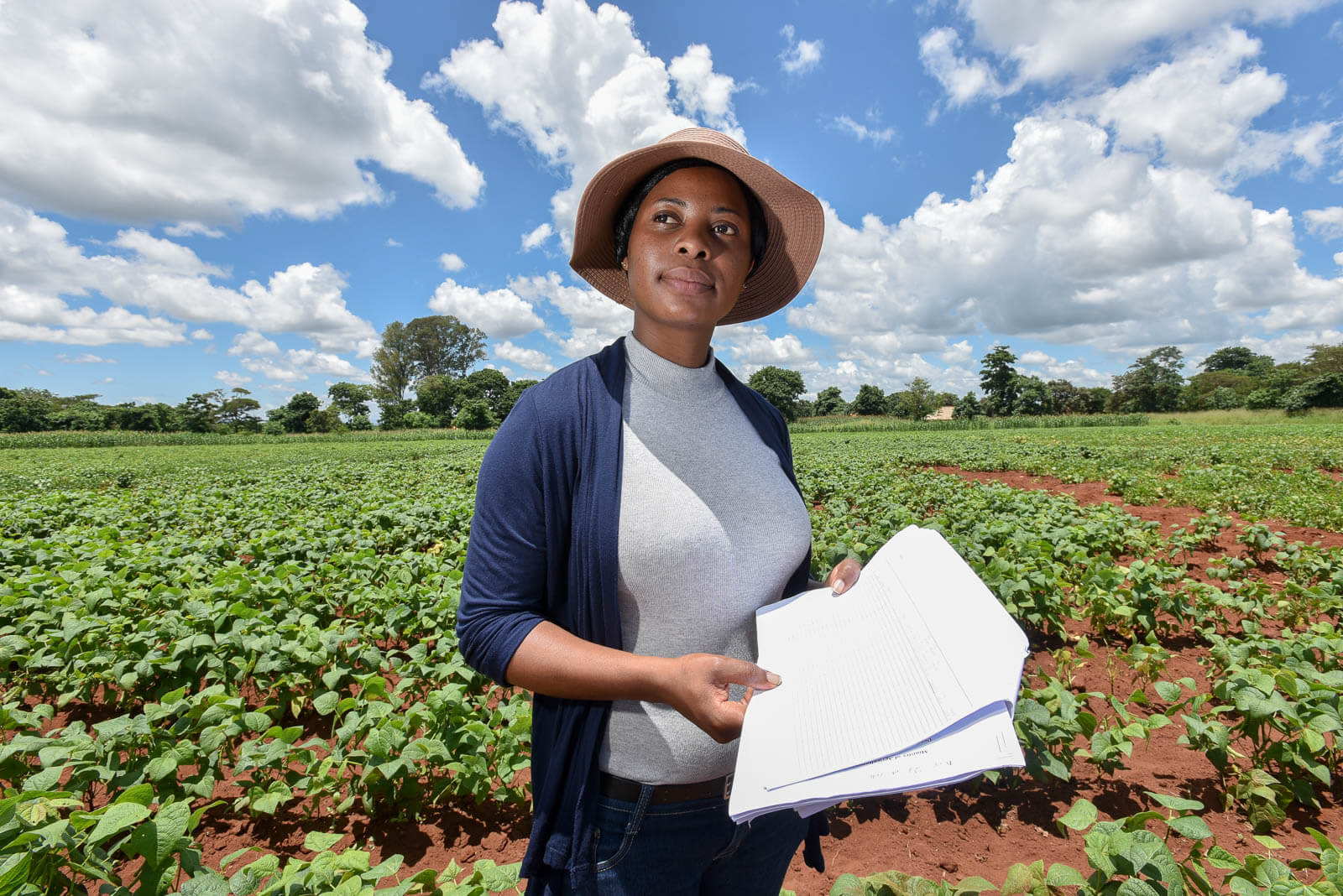The theme for International Women’s Day, 8 March, 2022 (IWD 2022) is, “Gender equality today for a sustainable tomorrow”, recognizing the contribution of women and girls around the world, who are leading the charge on climate change adaptation, mitigation, and response, to build a more sustainable future for all.

Advancing gender equality in the context of the climate crisis and disaster risk reduction is one of the greatest global challenges of the 21st century. The issues of climate change and sustainability have had and will continue to have, severe and lasting impacts on our environment, economic and social development. Those who are amongst the most vulnerable and marginalized experience the deepest impacts. Women are increasingly being recognized as more vulnerable to climate change impacts than men, as they constitute the majority of the world’s poor and are more dependent on the natural resources which climate change threatens the most.
At the same time, women and girls are effective and powerful leaders and change-makers for climate adaptation and mitigation. They are involved in sustainability initiatives around the world, and their participation and leadership results in more effective climate action. Continuing to examine the opportunities, as well as the constraints, to empower women and girls to have a voice and be equal players in decision-making related to climate change and sustainability is essential for sustainable development and greater gender equality. Without gender equality today, a sustainable future, and an equal future, remains beyond our reach.
The theme for International Women’s Day is aligned with the priority theme for the upcoming 66th Commission on the Status of Women (CSW66): “Achieving gender equality and the empowerment of all women and girls in the context of climate change, environmental and disaster risk reduction policies and programmes”.
With the latest data, we now understand the vital link between gender, social equity and climate change, and recognize that without gender equality today, a sustainable future, an equal future, remains out of reach. Women and girls experience the greatest impacts of the climate crisis as it amplifies existing gender inequalities and puts women’s lives and livelihoods at risk. Across the world, women depend more on, yet have less access to, natural resources, and often bear a disproportionate responsibility for securing food, water, and fuel.As women and girls bear the burden of climate impacts, they are also essential to leading and driving change in climate adaption, mitigation and solutions.
Without the inclusion of half of the world’s population, it is unlikely that solutions for a sustainable planet and a gender equal world tomorrow will be realized.
——————————————————————–
This article was first published by UNWomen.
